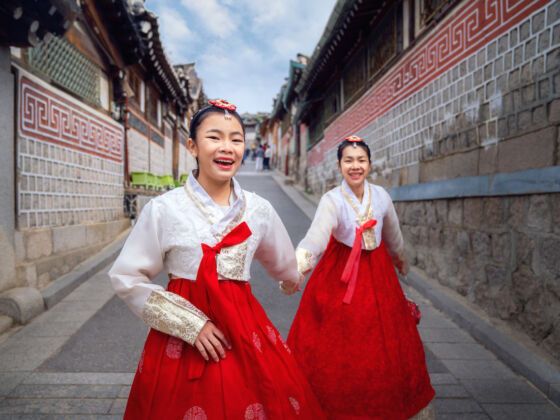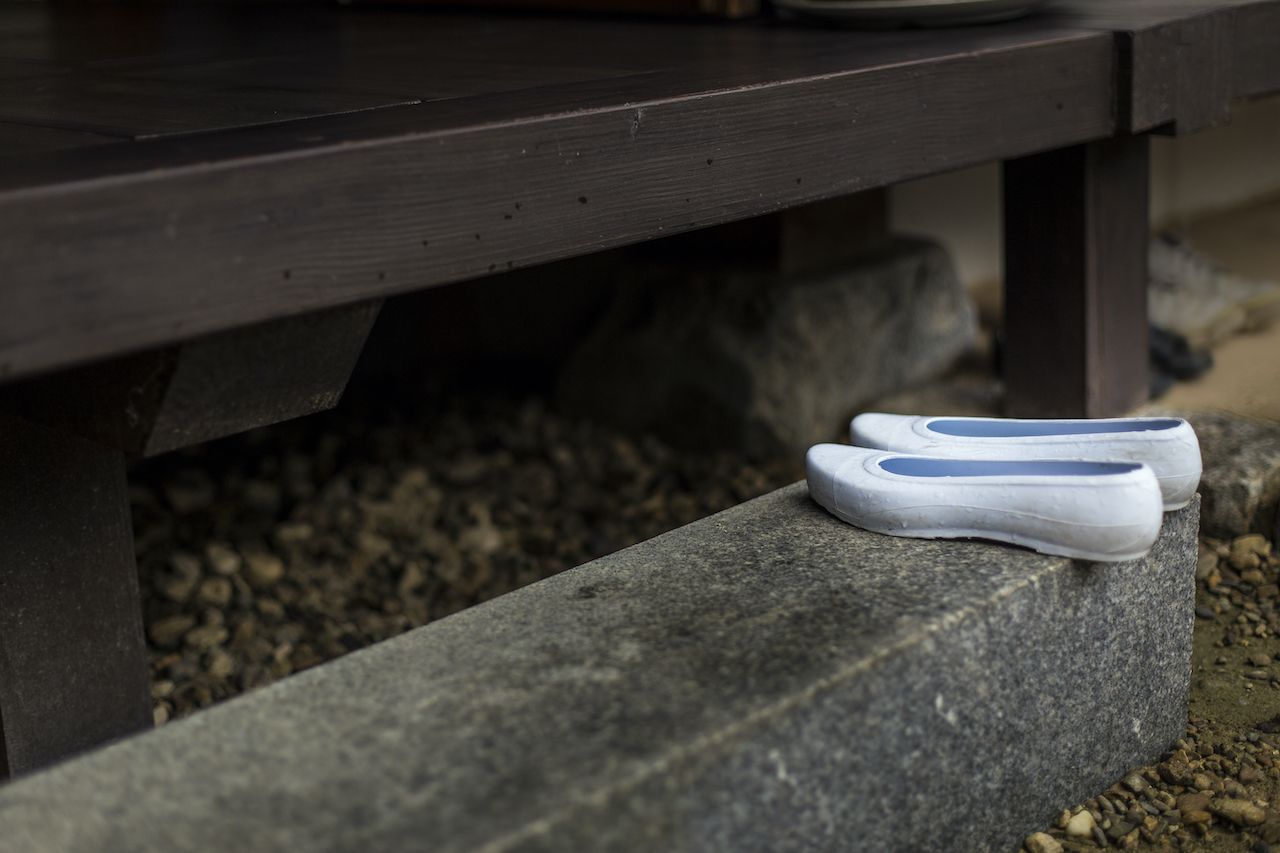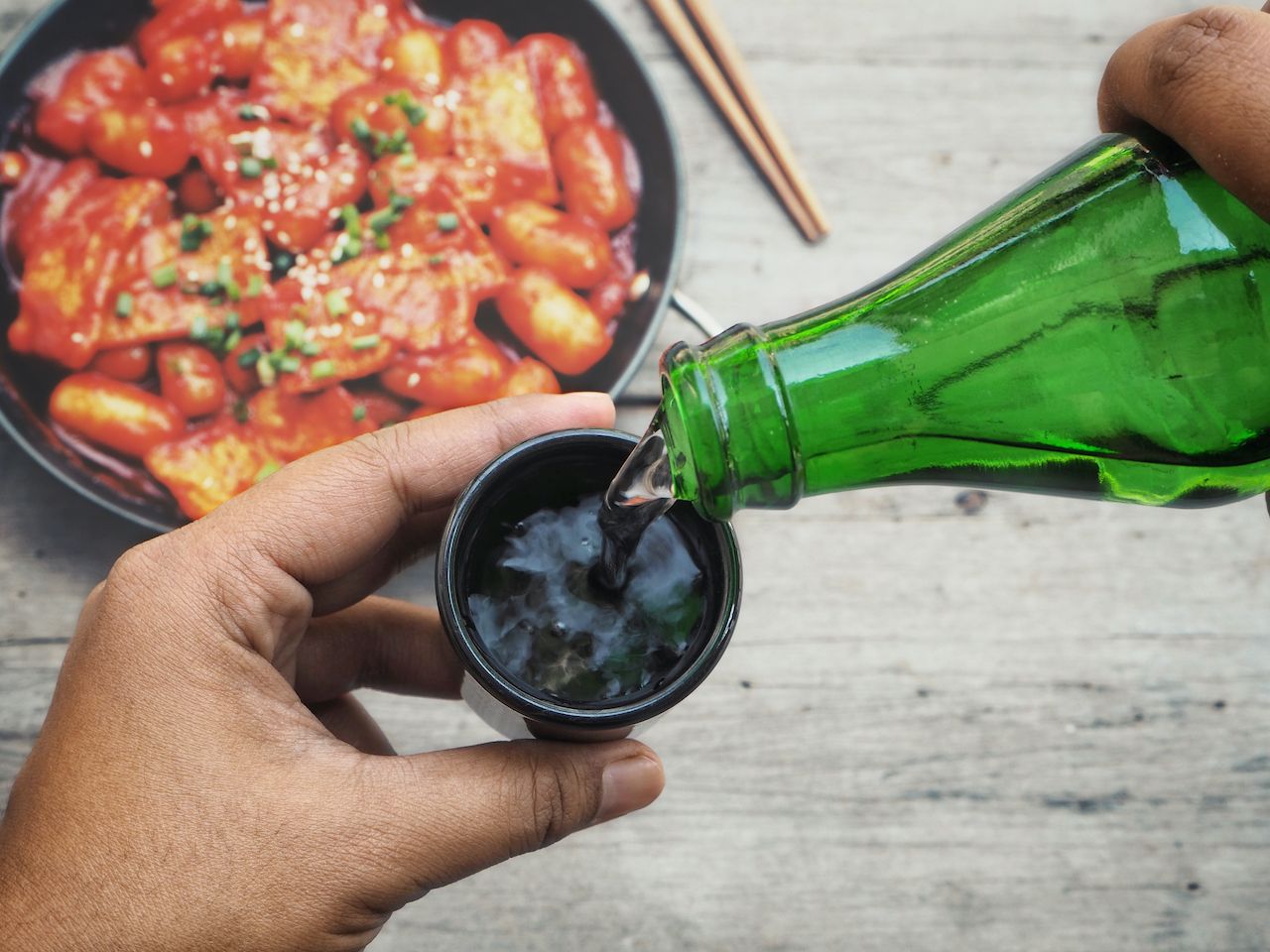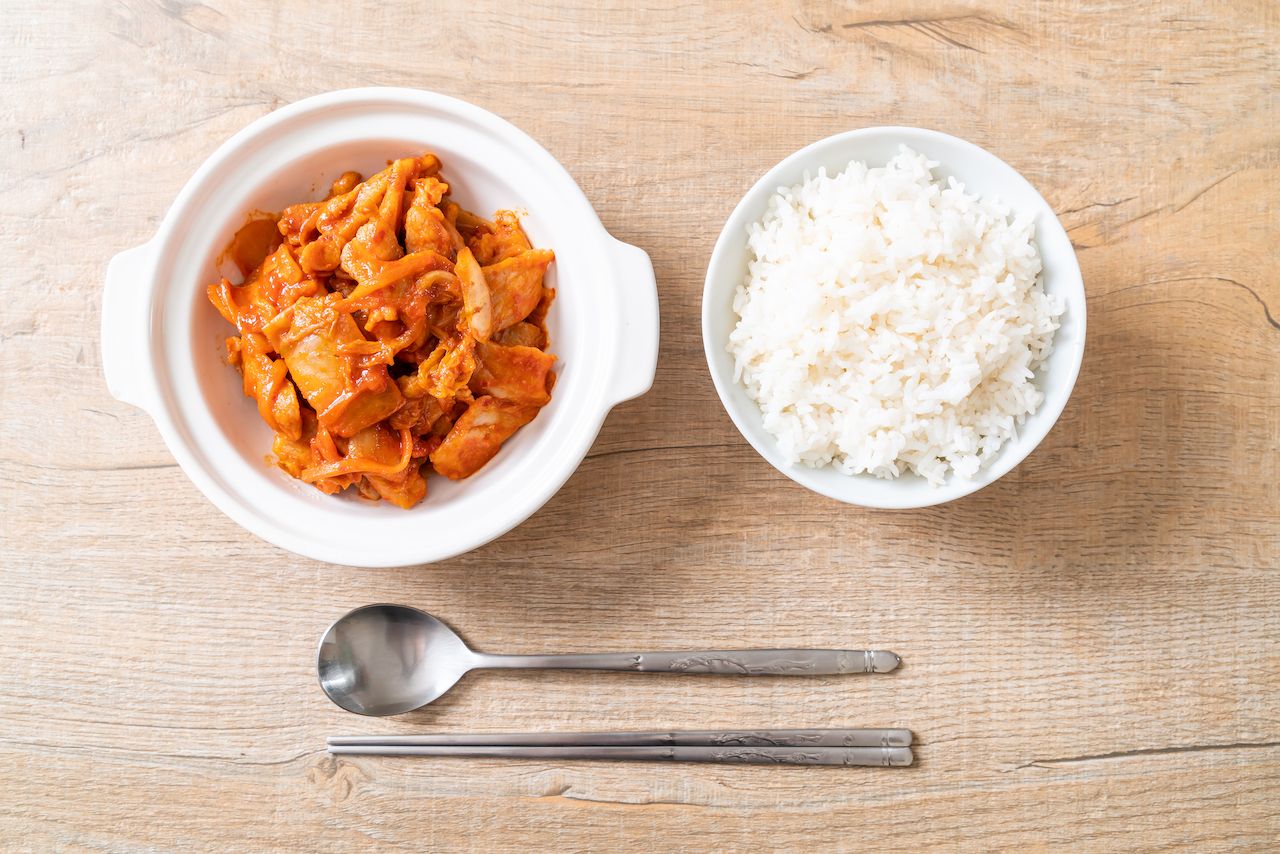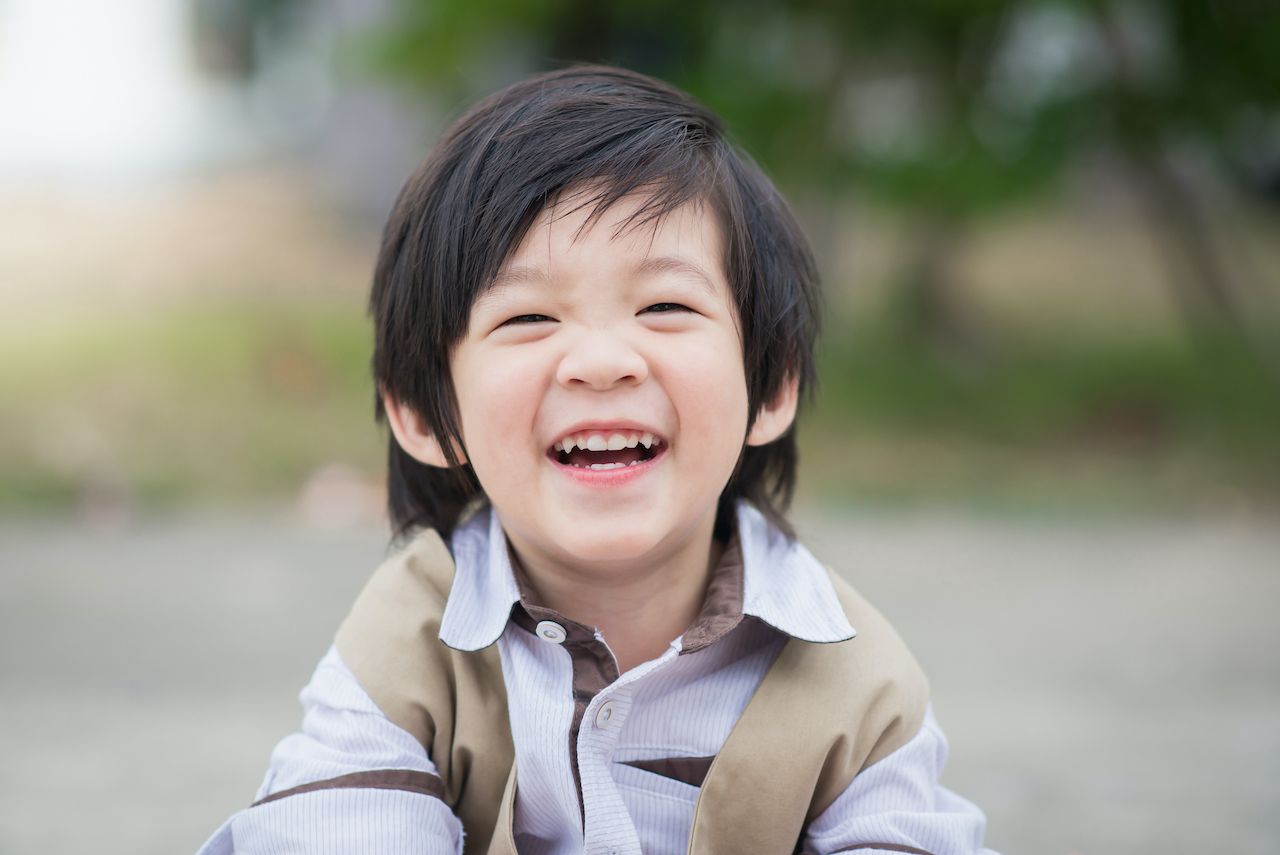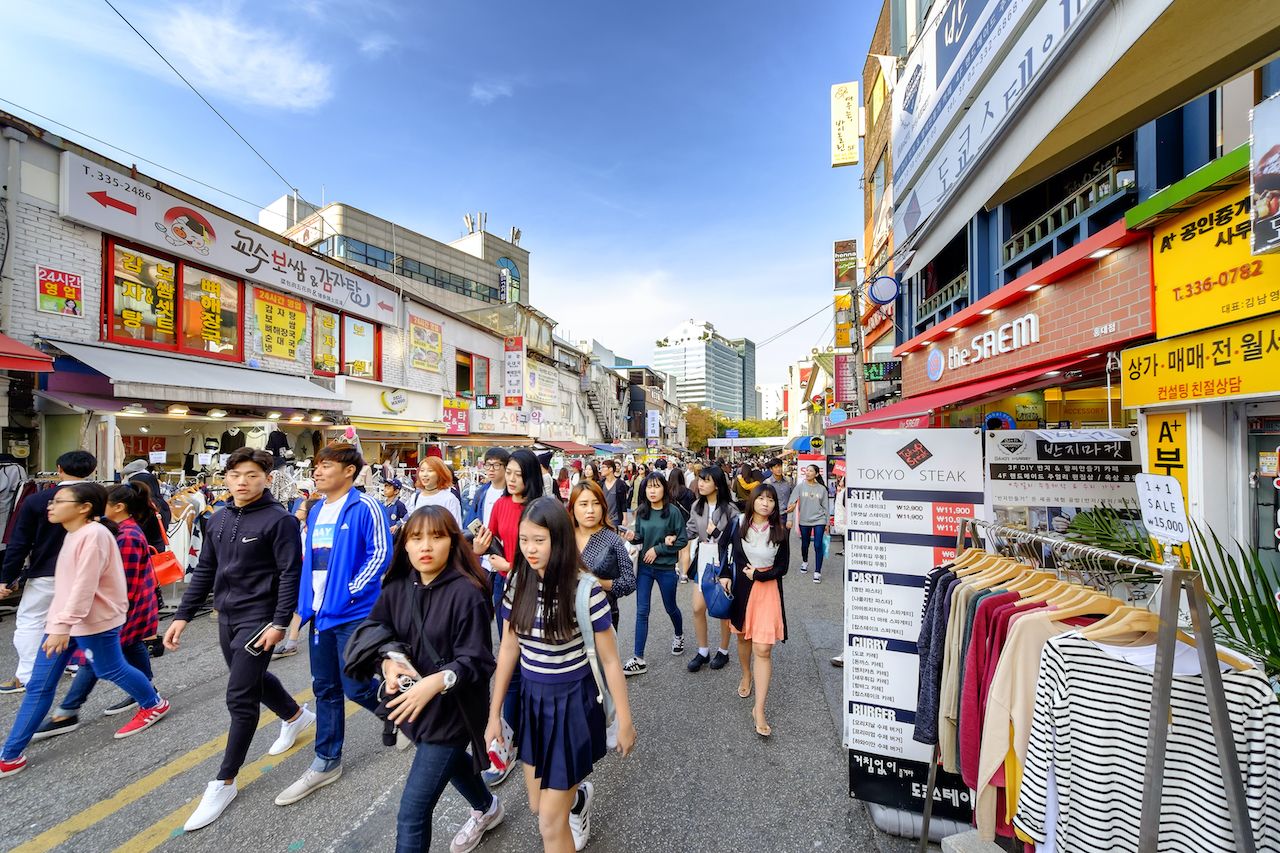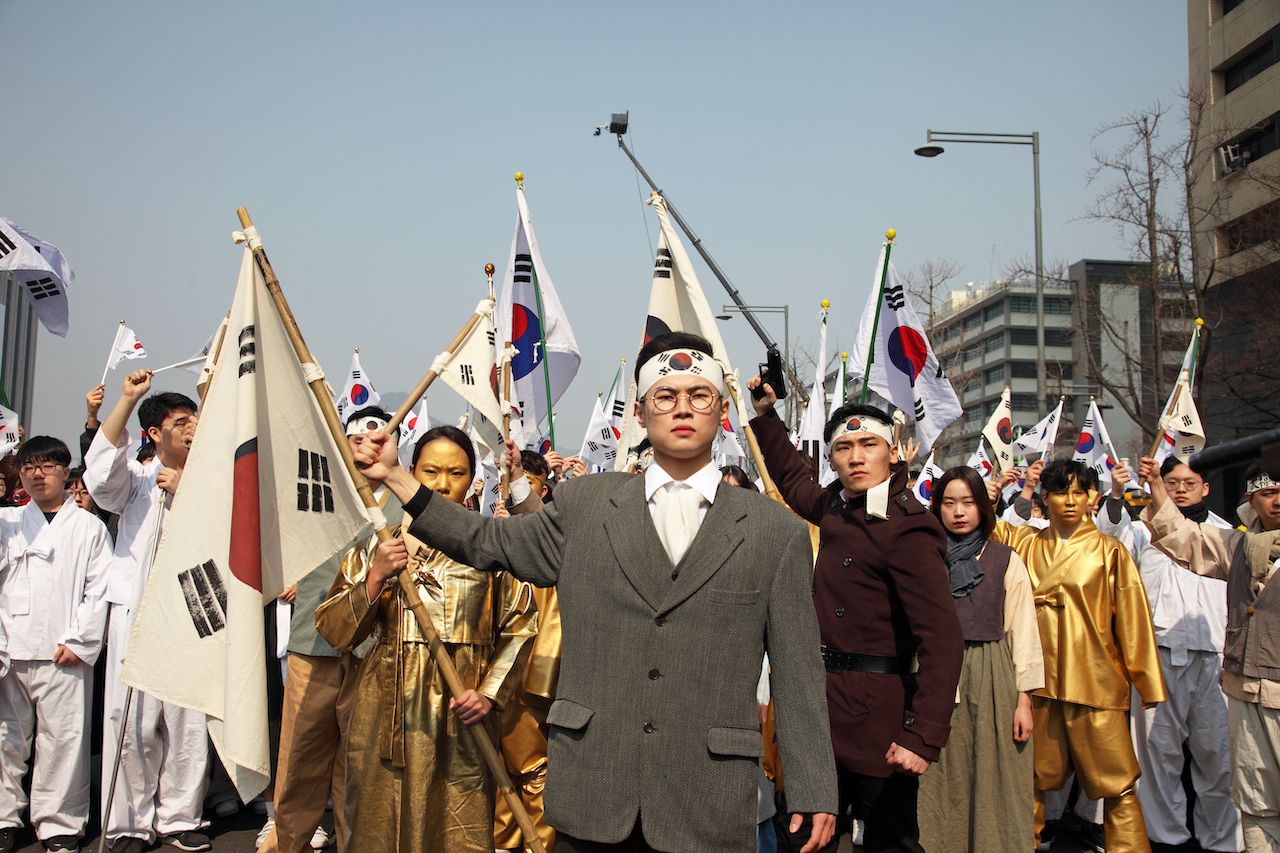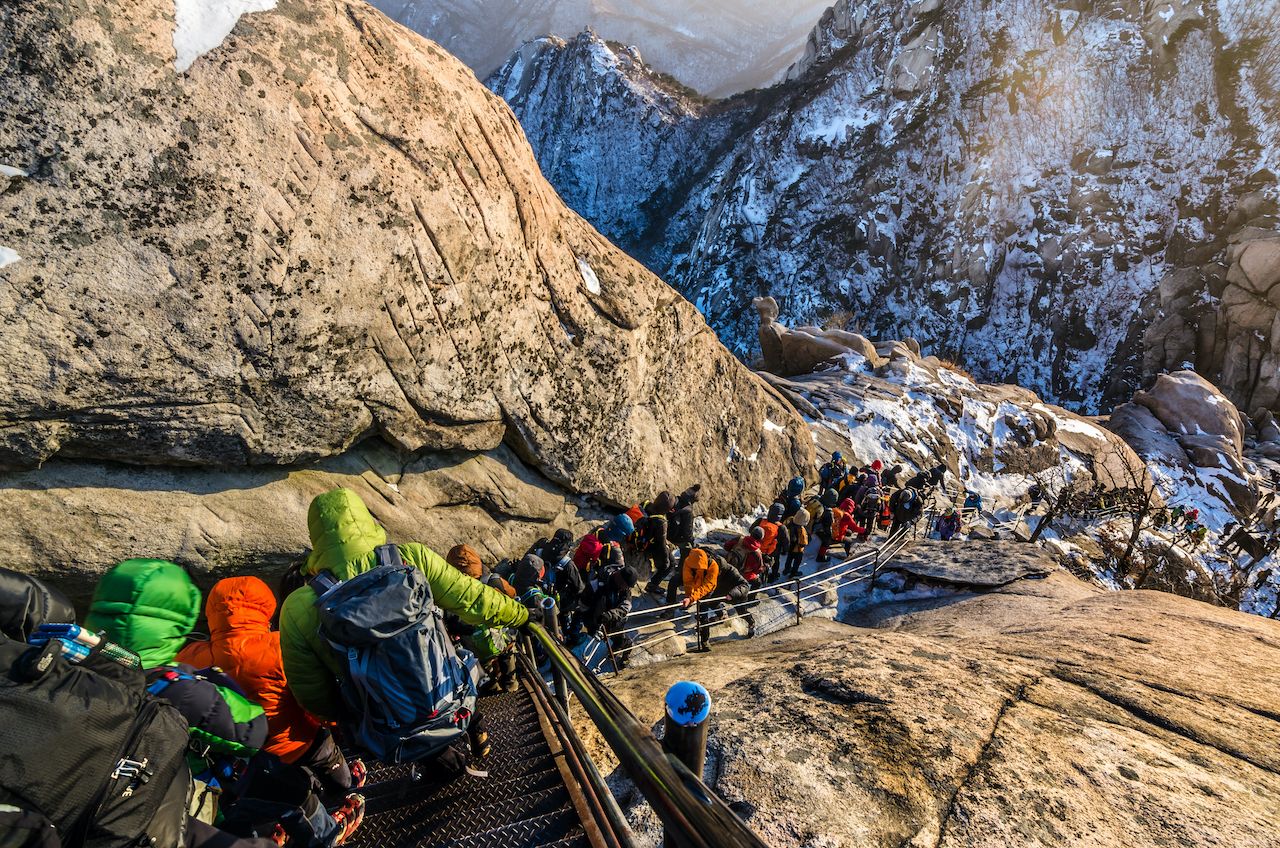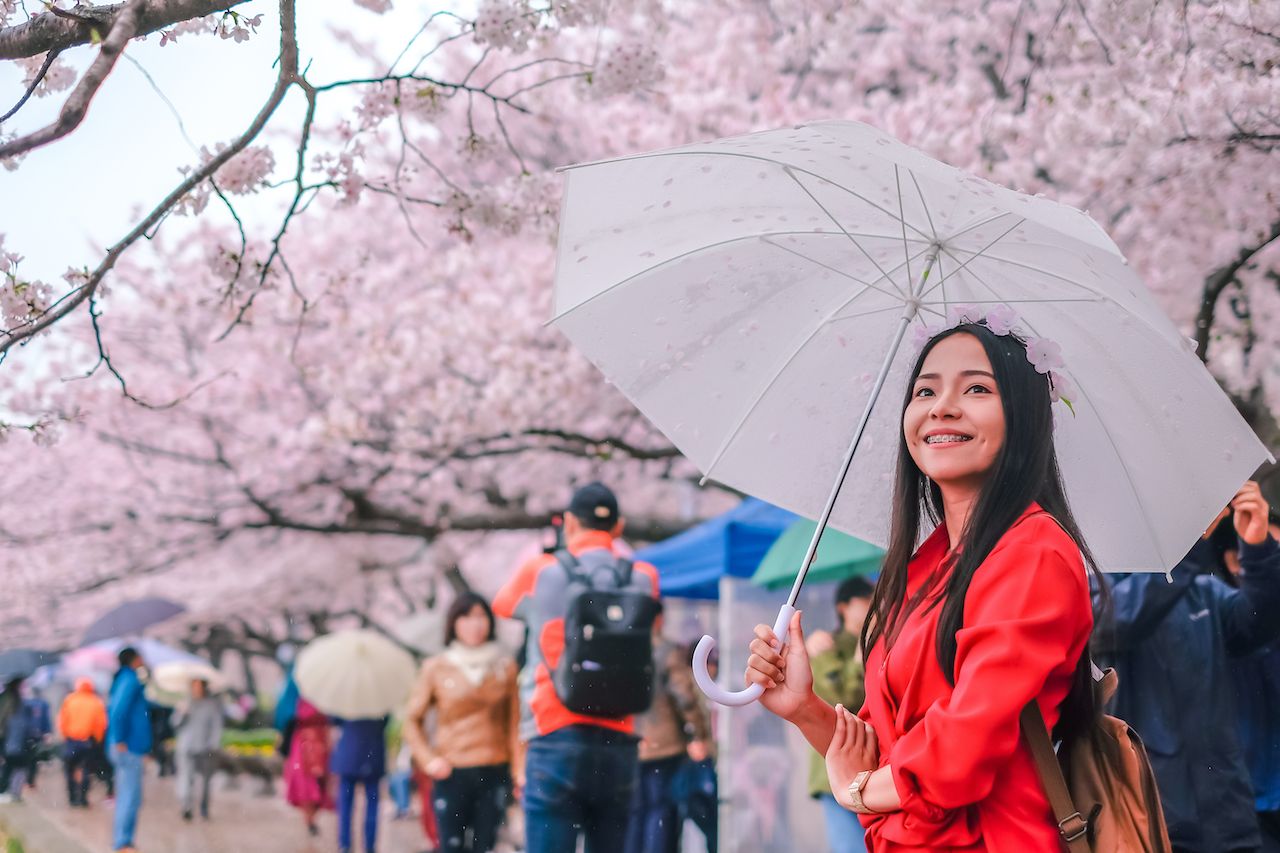Korean culture has survived for 5,000 years, despite the best efforts by hostile neighbors to stomp it out. If you know and respect Korean culture you will get much more out of your time in Korea.
1. Kimchi is culture
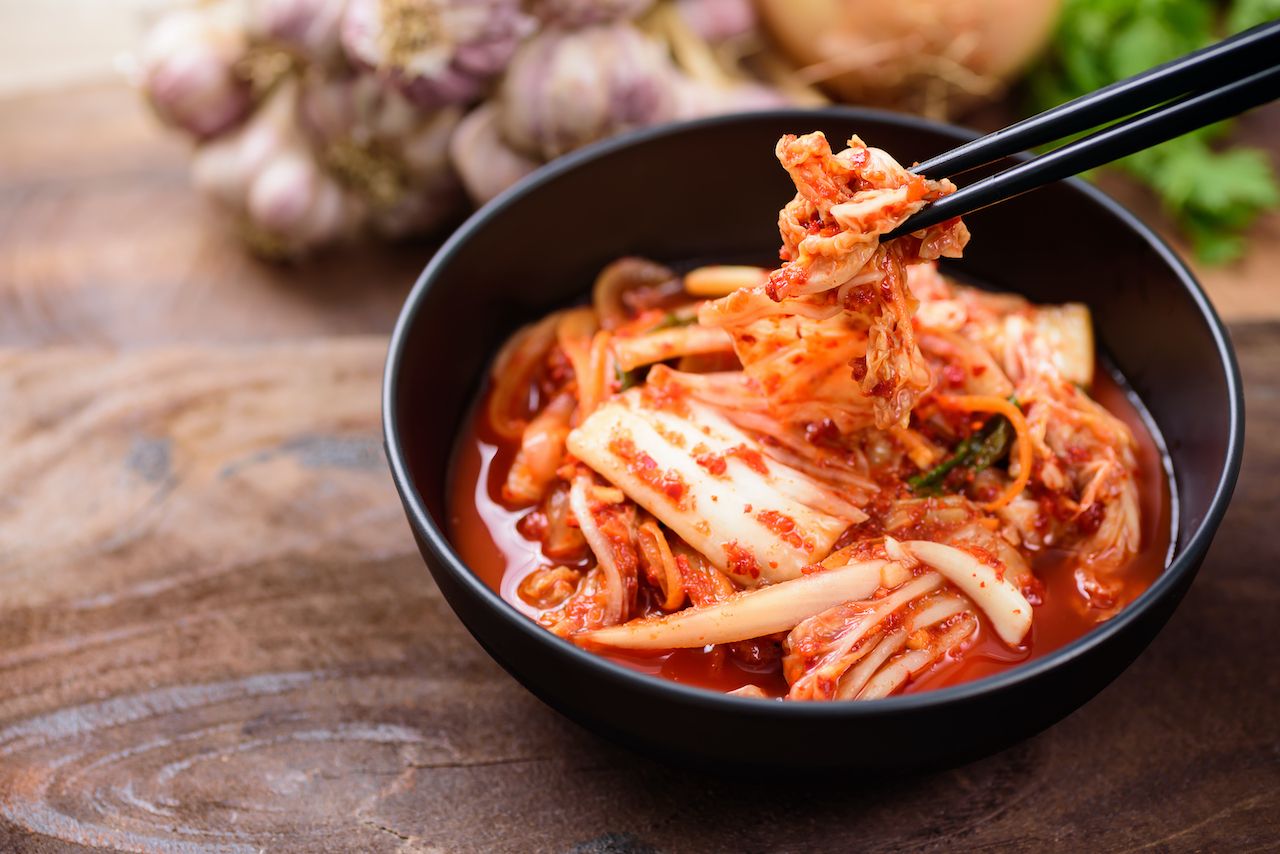
Photo: Nungning20/Shutterstock
Kimchi is sliced cabbage, fermented with red chili sauce and anchovy paste. It is pungent, spicy, and sour. Koreans love it and eat it with every meal — usually on the side -– though they also use it as an ingredient in countless other dishes.
Kimchi is symbolic of Korean culture: it’s strong, distinctive, and defiant. Some foreigners can’t stomach it, but if you can, you will earn the locals’ heartfelt respect. It’s definitely one of the top food experiences you need to have in South Korea.
